
Muni bonds serve up income that's free from federal (and sometimes state and local) taxes. Here are 9 top municipal bond funds to check out.
When you purchase through links on our site, we may earn an affiliate commission. Here’s how it works.

Anyone looking to tamp down their tax bill for next year need look no further than municipal bonds. They’ve been around for decades, but many people still aren’t familiar with this particular debt investment – as well as the municipal bond funds that hold them.
Municipal bonds deliver tax-advantaged income to investors at regular intervals. At a minimum, muni bond income is exempt from federal tax. Depending on where you live and where the bonds are issued, that income also might be clear of state and even local taxes.
If you’re a high-income earner, munis are for you, says Jim Barnes, Director of Fixed Income at Bryn Mawr Trust. “The primary way to determine whether muni bonds are a good or bad investment for an investor boils down to the investor’s marginal tax rate. A high marginal tax rate equates to a higher taxable equivalent yield when comparing different investment options,” he says. “The higher the marginal tax rate, the more appealing and advantageous the tax-free income becomes to the investor.”
Just how powerful is this tax exemption? For a household earning $200,000 per year (married, filing jointly, taxed at 24%), a municipal bond yielding 4% has a tax-equivalent yield of 5.26%. That means a $100,000 investment in munis will generate roughly $1,260 more annually in passive income than they’d get with a 4% yield from, say, corporate bonds or stocks.
Here are nine municipal bond funds that provide exposure to this tax-free income. There’s something for every type of fund preference: mutual funds, exchange-traded funds (ETFs) and closed-end funds (CEFs).
Data is as of April 8. Yields are SEC yields, which reflect the interest earned after deducting fund expenses for the most recent 30-day period and are a standard measure for bond and preferred-stock funds. Market value, yield and expenses provided by Morningstar.
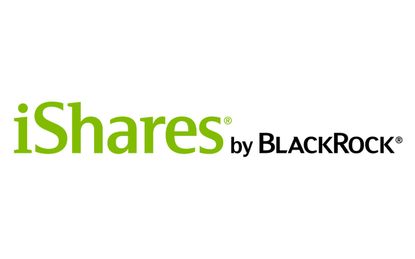 iShares National Muni Bond ETF" width="" />
iShares National Muni Bond ETF" width="" />
The iShares National Muni Bond ETF (MUB, $110.67) is the biggest municipal bond ETF out there at more than $12 billion in assets, and it’s also the cheapest at a mere 0.07% in annual expenses. It’s also one of the most liquid bond funds in the world, with average volume of nearly a million shares a day.
This index fund provides inexpensive access to a world of more than 3,700 municipal bonds across a wide range of maturities – everything from zero-to-three years to 25-plus years. Credit quality is strong, too, with all but about 6% of the fund invested in bonds rated A or higher.
The downside to an index fund, of course, is that there is no manager actively viewing the municipal bond space to exploit pockets of value and identify issues that the index might not screen out. But the heavy diversification of MUB does help to defray some risks, and the low fees allow you to keep more of your returns.
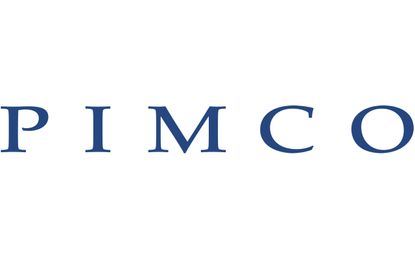
The Pimco Intermediate Municipal Bond Active Exchange-Traded Fund (MUNI, $53.83) is a one-stop shop for muni bonds that offers a good tradeoff between yield and interest-rate risk. This ETF also provides you access to the great minds and scale of Pimco, and that’s a considerable perk.
Pimco, at nearly $1.7 trillion in assets under management as of the end of 2018, is one of the biggest bond players on earth. Why does that matter? Access. Pimco often is approached with bond issues before other market participants.
As for MUNI itself, this portfolio of roughly 150 holdings is heaviest in intermediate-term bonds (62% in maturities of five to 10 years), with almost all the rest in shorter-term bonds. That results in an effective duration – a measure of interest-rate sensitivity – of about five years. That implies that MUNI should fall about 5 percentage points should interest rates tick up 1 percentage point.
That duration is shorter than MUB’s by a little more than a year. The sacrifice: Just 20 basis points (a basis point is one one-hundredth of a percent) in yield.
The clincher is that MUNI, at 0.35% in annual expenses, is much cheaper than most Pimco products.
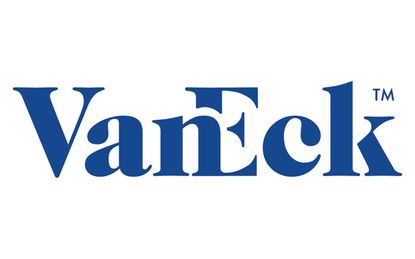
The VanEck Vectors Short High-Yield Municipal ETF (SHYD, $24.66) is an index fund that tries to deliver higher income without significantly higher risk. MUNI strikes its balance by accepting longer-dated bonds, but of a higher quality. SHYD is the opposite: It focuses on lower-quality muni bonds, but of shorter durations.
Consider that while 94% of MUB’s portfolio is rated A or higher, only 16% of SHYD’s roughly 550 holdings are eve in the A tier – none are AA or AAA. Meanwhile, 32% of its bonds are BBB-rated, which is the lowest tier of investment-grade debt. Everything else is either non-investment-grade BB, B or CCC (read: “junk”), or not rated at all. The silver lining? The vast majority of CCC-rated munis don’t actually default, so while they’re risky, they’re perhaps not as risky as they sound.
SHYD mitigates this risk somewhat by holding mostly intermediate- and shorter-term bonds – its effective duration is 4.4 years. But it’s still a risky product, which is why investors are being compensated with a nice yield above 3%.
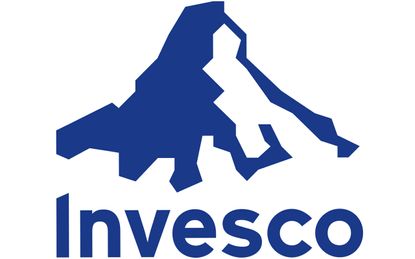
Many investors are faithful to low-cost index funds, and for good reason. But seasoned managers can make the most of the municipal bond market, digging for winners and pushing out underperforming munis.
“Credit quality in the municipal bond market on average is generally quite good, but credit analysis prior to a purchase is still very important,” Bryn Mawr Trust’s Jim Barnes says.
Invesco High Yield Municipal Fund (ACTHX, $10.05) invests in medium- and lower-grade municipal bonds, with a somewhat long duration of nearly nine years. Just 18% of its portfolio is invested in bonds rated A or better, 16% is in investment-grade BBB, 20% is junk-rated and the remainder isn’t rated at all.
ACTHX has a breathtaking track record. This fund has outperformed the Bloomberg Barclays Municipal Bond Index over every significant time frame, including an average annual return of 8.1% over the past decade that soundly beats the index’s 4.7%. Again, scale helps. Invesco, like Pimco, is massive at $225 billion in its fixed-income funds as of the end of 2018. With so much capital in play, bond issuers will seek out Invesco.
The tradeoff is a high fee of more than 1%, not to mention potential sales charges depending on things such as how much you invest and what share class you buy.
* Invesco High Yield Municipal Fund also charges a sales fee of up to 4.25% for its Class A shares. Sales charges can vary. Depending upon eligibility, you may be able to access other share classes that feature lower sales charges and/or annual expenses.
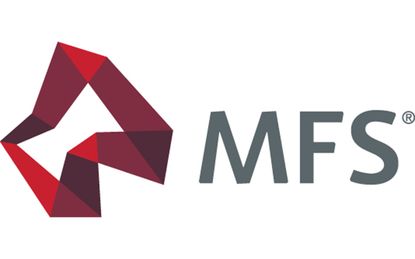
The MFS Municipal High Income Fund (MMHYX, $8.26) is another high-yield municipal bond fund that has a similar mandate and focus as ACTHX, similar duration (9.2 years) in its portfolio, as well as sales charges to consider. It does average slightly better credit quality, and it also has considerably cheaper annual expenses.
Lower expenses in similar products can translate into better returns in theory – but reality has been a little different. MMHYX has a lower expense ratio (0.66%) than ACTHX’s 1.06%. Lower expenses often translate into better returns, and that could translate into more money for you in the long term.
Theory, however, isn’t the same as reality. While MFS Municipal High Income has outperformed its benchmark too, it underperforms the costlier ACTHX across all significant time frames – by less than a percentage point in all cases, but it still trails.
MMHYX has enjoyed more than $2.6 billion in net inflows over the past decade, however, bringing the fund to more than $5 billion in assets. The bigger the fund gets, the better access it should have to high-quality muni bond issues, which should in turn improve performance.
* MFS Municipal High Income Fund also charges a sales fee of up to 4.25% for its Class A shares. Sales charges can vary. Depending upon eligibility, you may be able to access other share classes that feature lower sales charges and/or annual expenses.